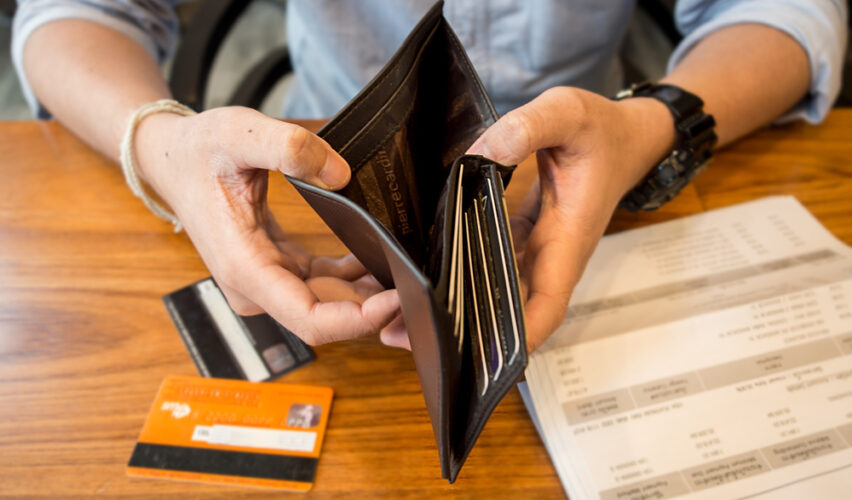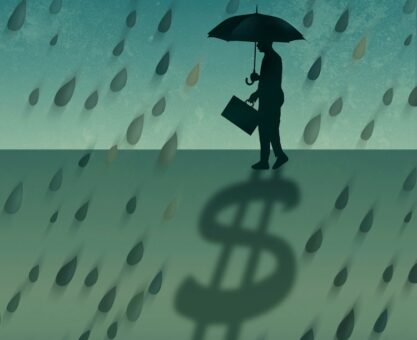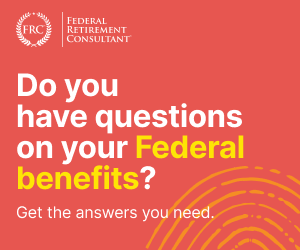Over the last 30 years, more retirees are carrying consumer debt like credit cards into retirement. Even when adjusted for inflation, the balances they owe are getting higher every year. When it comes to mortgage debt, today’s retirees are more likely to have a larger outstanding principal, plus a home equity line of credit (HELOC), compared to those who retired 30 years ago.
Making payments on credit cards and car loans can take a large bite out of your fixed retirement income. When this happens, you may end up depleting your Thrift Savings Plan (TSP) at a faster rate and run the risk of outliving your money. If you’re heading in to retirement with a high debt load, here are some to tips to help pay it down.
Paying Down Debt Before Retirement
You can start the process of eliminating debt while you’re still working for Uncle Sam by making some common-sense changes:
- Stop using high interest credit cards and start making bigger monthly payments.
- Stop automatic charges for subscriptions and/or apps you don’t really need.
- Pay off car loans before you retire or trade in your car for a less expensive model with a lower payment.
- Consider selling your home and downsizing before you retire and use some of the proceeds of the sale to pay off your consumer debt.
“If your kids are grown and out on their own, consider cashing in any life insurance policies that have earned cash value to pay down debt.”
Paying Down Debt After Retirement
It’s more than likely you’ll still carry some consumer debt into retirement. Before you’re tempted to tap into your Thrift Savings Plan to pay it down, here are a few suggestions:
- Consider working part-time and put your earnings toward paying off the last of your credit cards.
- If your kids are grown and out on their own, consider cashing in any life insurance policies that have earned cash value to pay down debt.
- If you haven’t downsized your home yet, the time is now. You can use the proceeds from the sale of your home to pay off remaining debt and put the rest in an emergency fund.
Other Ways To Pay Down Consumer Debt
With credit card interest rates outpacing stock market returns, it may make sense to use money in a low-interest savings account to pay off a high-interest credit card. If you find yourself with an unexpected windfall – a cash gift, an inheritance, or a healthy tax return – use some or all of the money to pay down your debt.
Consider working with an FRC® trained advisor who can help you develop a debt reduction strategy that works with your income and lifestyle.
Source: https://www.forbes.com/advisor/retirement/seniors-debt-statistics/

























